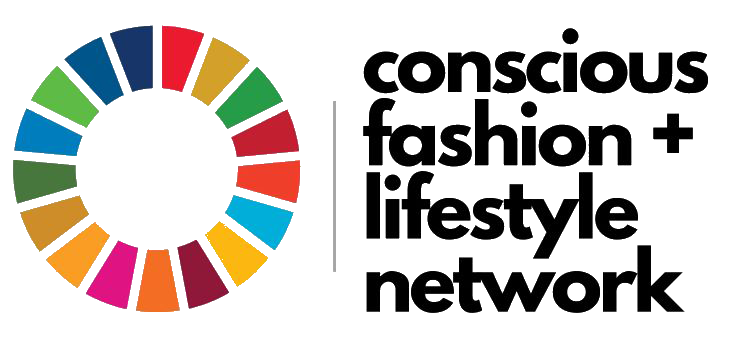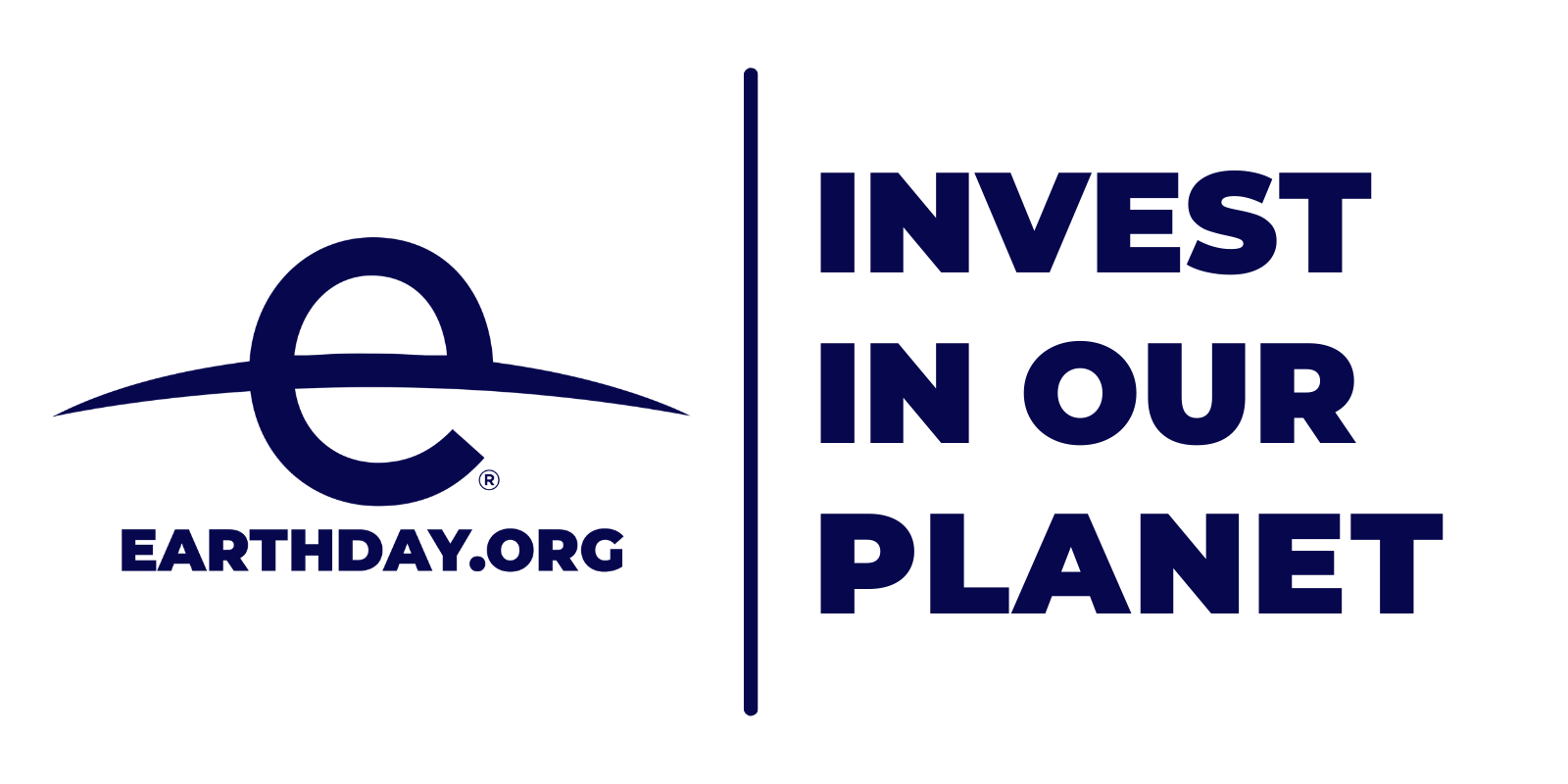Radio Free Asia: Can pangolins be protected by removal from China pharmacopoeia?
In this interview, Pei discusses the importance of education to reduce demands for wildlife use and produce – whether for meat, TCM, the pet trade and entertainment, or for fur and clothing.She explains why legislation alone is not sufficient, because as long as there is a demand, there will also be supply, even if the trade if illegal. If education leads to a decrease in demand, supply will also reduce.

Click to hear Pei’s interview in Chinese on RFA’s website.
And hear the second half of the webinar here.
Law enforcement and education are critical partners for protection. Pei advocates an enforced ban on the use of all wildlife for commercial purposes, to address the prevalence of illegal and legal trade in wildlife. This should apply to all wild species, whether they are endangered or not. Considering the significance of biodiversity, all species are equally important: a mallard duck is as significant as an endangered pangolin, because all species in the natural world are interconnected.
Pei warns that the term ‘sustainability’ should be used with caution, taking into account environment, animals and humans. Pei references the upcoming 15th Convention for Biological Diversity, where ‘sustainable’ use of wildlife will be recommended by certain advocates. There are dangers to labelling any wildlife produce ‘sustainable’, because the word suggests associated produce is ethical; with reference to the commercial use of wildlife, this can never be the case. The term ‘sustainable’ should never be used in association with fur or wildlife produce for any commercial purpose, as it becomes a dangerous misconception.
To finalise, Pei underlines the fundamental change needed in our thinking with reference to nature and animals: a paradigm shift. As humans, we can no longer get away with utilising nature recklessly. If we continue with our irresponsible exploitation of nature, there will be more pandemics – we’re sitting on a timebomb waiting for the next spillover of disease.
![ACTAsia [logo]](https://www.actasia.org/wp-content/themes/ACTAsia-2022-theme/assets/img/actasia-en-colour.svg)



